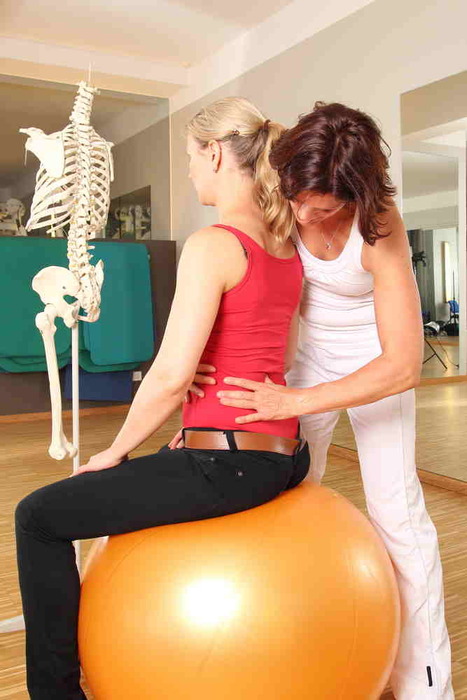News & Tips
Joint Disuse as a Factor for the Onset of Osteoarthritis

Physiotherapists at Macquarie Street Physiotherapy located in the Sydney CBD, are all members of the Australian Physiotherapy Association (APA). We receive monthly journals and newsletters about current research. The following comes from APA’s “InTouch” magazine for Musculoskeletal Physiotherapists regarding Osteoarthritis:
These four points are summaries of latest findings from the Centre for Musculoskeletal Research, Griffith University:
Knee and Hip Osteoarthritis (OA)
Researchers are examining the factors which lead to the progression and onset of Osteoarthritis. One of the main causes of Osteoarthritis is sporting injuries to these joints. We are seeing that loss of muscle appears to be a main determinant of development of Osteoarthritis. For example, subjects who had undergone anterior cruciate ligament (ACL) reconstruction tended to under-load, rather than overload their joints, and therefore it could be under-loading and disuse (followed by bouts of overloading) rather than consistent loading that is causing progression of osteoarthritis.
From a rehabilitation point of view, this knowledge is enabling physiotherapists to prescribe better, specific exercises for individuals, rather than using a recipe of exercises. It also encourages long-term attention to maintaining strength. At the Griffith University, a specific programme relating to strengthening the medial (inner) knee muscles has been developed – keeping this muscle strong and active in daily activities may help to slow progression of knee Osteoarthritis.
Tendinopathy
Research is looking at the best combination of treatment for tendinopathy (eg Achilles tendinitis, tennis elbow and patella tendinitis) It continues to support the use of specialized exercises, in combination with injections. Alternatives to corticosteroid injections that are being looked at include PRP (platelet-rich plasma) and prolotherapy injections. The specialized exercises which load the tendon in a way which assists healing without aggravating the problem are eccentric (lengthening) exercises. An example of eccentric exercise is lowering the affected heel down from a calf raise for Achilles tendinitis. It is hoped that the best combination of treatments will result in the best outcome for the many people who suffer from tendinitis.
Preventing falls and fractures
Adolescence is the time in life where building bone density is vital. The Centre for Musculoskeletal Research is instituting regular in-school training programmes which involve jumping and impact in order to improve bone density and muscle mass in adolescent boys and girls. This will give them an advantage as older adults when loss of bone density begins.
Osteoporosis is a disease in which bones lose calcium and become brittle, making them more likely to break. Women are at a greater risk because of the rapid decline in oestrogen levels during menopause. Bone loss of approx 2% per year occurs for several years after menopause, and 50% of all women have osteoporosis by the time they are 70 years old. At 70 years old, 30% of men are affected.
In older adults, high intensity strength training is being researched for post-menopausal women. These exercises programmes focus on trying to reduce the risk of osteoporotic factors, reducing falls and the consequence of falls if they do occur. Balance exercises are also an important part of training older adults. As with all exercise the body accommodates and it is being found very important to vary, challenge and ensure that the exercise is performed correctly. Also being researched is the use of parathyroid hormone to accelerate the healing of stress fractures.
Gait analysis
The Centre for Musculoskeletal Research is also developing and implementing state of the art gait analysis methods which combine MRI and “motion capture” to provide highly detailed movement and muscle function data to help in planning treatments. This is being trialed in children with Cerebral Palsy in particular, but will have wide-reaching benefits for anyone whose gait is affected by conditions of the brain and central nervous system
For more information about research conducted at Griffith University, visit griffith.edu.au/health/musculoskeletal-research.
Macquarie Street Physiotherapy located in the Sydney City CBD, specialises in the treatment of knee, neck and back pain. Call 02 9221 1604 to make a booking.








